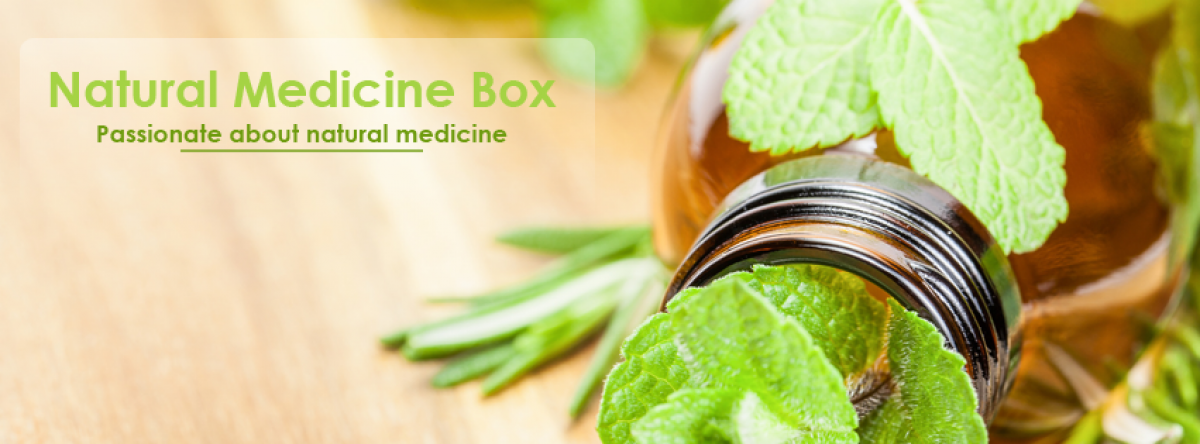
Drinking Green Tea Every Week May Slow Mental Decline
Green tea shows promise for protecting brain health. In a study presented at the 2015 International Conference on Alzheimer’s and Parkinson’s Diseases, those who drank green tea one to six days a week had less mental decline than those who didn’t drink it.4
In addition, the researchers revealed that tea drinkers had a lower risk of dementia than non-tea drinkers. It’s not the first time green tea has been linked to brain health. In a study of 12 healthy volunteers, those who received a beverage containing 27.5 grams of green tea extract showed increased connectivity between the parietal and frontal cortex of the brain compared to those who drank a non-green tea beverage.5
The increased activity was correlated with improved performance on working memory tasks, and the researchers believe the results suggest green tea may be useful for treating cognitive impairments, including dementia. According to the study authors:6What Gives Green Tea Its ‘Super Powers’?
Green tea is rich in naturally occurring plant compounds called polyphenols, which can account for up to 30 percent of the dry leaf weight of green tea. Within the group of polyphenols are flavonoids, which contain catechins. One of the most powerful catechins is epigallocatechin-3-gallate (EGCG), which has been shown to positively impact a number of illnesses and conditions.
Green tea also contains theanine, an amino acid that crosses the blood-brain barrier and has psychoactive properties. Theanine increases levels of gamma-aminobutyric acid (GABA), serotonin, dopamine, and alpha wave activity, and may reduce mental and physical stress and produce feelings of relaxation.7
Theanine may also help to prevent age-related memory decline8 and has been shown to affect areas of your brain involved in attention and complex problem-solving.9Green Tea May Be a Whole-Body Health Tonic
“In traditional Chinese and Indian medicine, practitioners used green tea as a stimulant, a diuretic (to help rid the body of excess fluid), an astringent (to control bleeding and help heal wounds), and to improve heart health.
Other traditional uses of green tea include treating gas, regulating body temperature and blood sugar, promoting digestion, and improving mental processes.”Modern-day research has also confirmed green tea’s myriad of health benefits, which extend even beyond brain health.
Reduced Mortality and Chronic InflammationDrinking green tea is associated with reduced mortality due to all causes, as well as mortality due to heart disease. Research also shows holistic benefits to green tea consumption, including lower blood pressure, oxidative stress, and chronic inflammation.12
Heart Health
Green tea improves both blood flow and the ability of arteries to relax, with research suggesting a few cups of green tea each day may help prevent heart disease.13
Study results also show EGCG can be helpful for the prevention of arteriosclerosis, cerebral thrombus, heart attack, and stroke—in part due to its ability to relax your arteries and improve blood flow.14Type 2 Diabetes
One study found people who consume six or more cups of green tea daily had a 33 percent lower risk of developing type 2 diabetes than those who consumed less than one cup per week.15
Weight Loss
There is some evidence that long-term consumption of green tea catechins is beneficial for burning fat and may work with other chemicals to increase levels of fat oxidation and thermogenesis. According to research in Physiology & Behavior:
“Positive effects on body-weight management have been shown using green tea mixtures. Green tea, by containing both tea catechins and caffeine, may act through inhibition of catechol O-methyl-transferase, and inhibition of phosphodiesterase. Here the mechanisms may also operate synergistically.
A green tea-caffeine mixture improves weight maintenance, through thermogenesis, fat oxidation, and sparing fat free mass… Taken together, these functional ingredients have the potential to produce significant effects on metabolic targets such as thermogenesis and fat oxidation.”Bone Health
Green tea polyphenols combined with a form of vitamin D called alfacalcidol could boost bone structure and strength, according to a new study in mice. The mixture may reverse damage to bones caused by lipopolysaccharide (LPS) induced chronic inflammation, which could in turn reduce the risk of osteoporosis.16
Green tea is a relative newcomer in the bone-health arena, but previous studies have also found that epigallocatechin-3-gallate (EGCG), a component of green tea, blocks the activity of two molecules, IL-6 and cyclooxygenase-2 (Cox-2), which play a role in breaking down bone.Vision Healthá
Catechins in green tea could help protect you against glaucoma and other eye diseases, as research found that the compounds travel from your digestive system into the tissues of your eyes. During the study, the catechins found in green tea were absorbed into various parts of the eyes anywhere from 30 minutes to 12 hours after rats were given tea.17
Cancer
Green tea components have been shown to downregulate the expression of proteins involved in inflammation, cell signalization, cell motility, and angiogenesis, while an association between green tea intake and decreased risk of cancers (including ovarian and breast18) have been reported.19
Previous research has shown that green tea polyphenols act on molecular pathways to shut down the production and spread of tumor cells.20 They also discourage the growth of the blood vessels that feed the tumors. EGCG even acts as an antiangiogenic and antitumor agent, and helps modulate tumor cell response to chemotherapy.21A Quick Trick to Boost the Health Benefits of Your Tea
To boost the benefits of green tea, add a squirt of lemon juice to your cup. Previous research has demonstrated that vitamin C significantly increases the amount of catechins available for your body to absorb. In fact, citrus juice increased available catechin levels by more than five times, causing 80 percent of tea’s catechins to remain bioavailable.26
The good news is that much of the research on green tea has been based on about three cups daily, which is easily attainable, and enjoyable, for most people.
The full article can be read here
Source: Mercola.com


